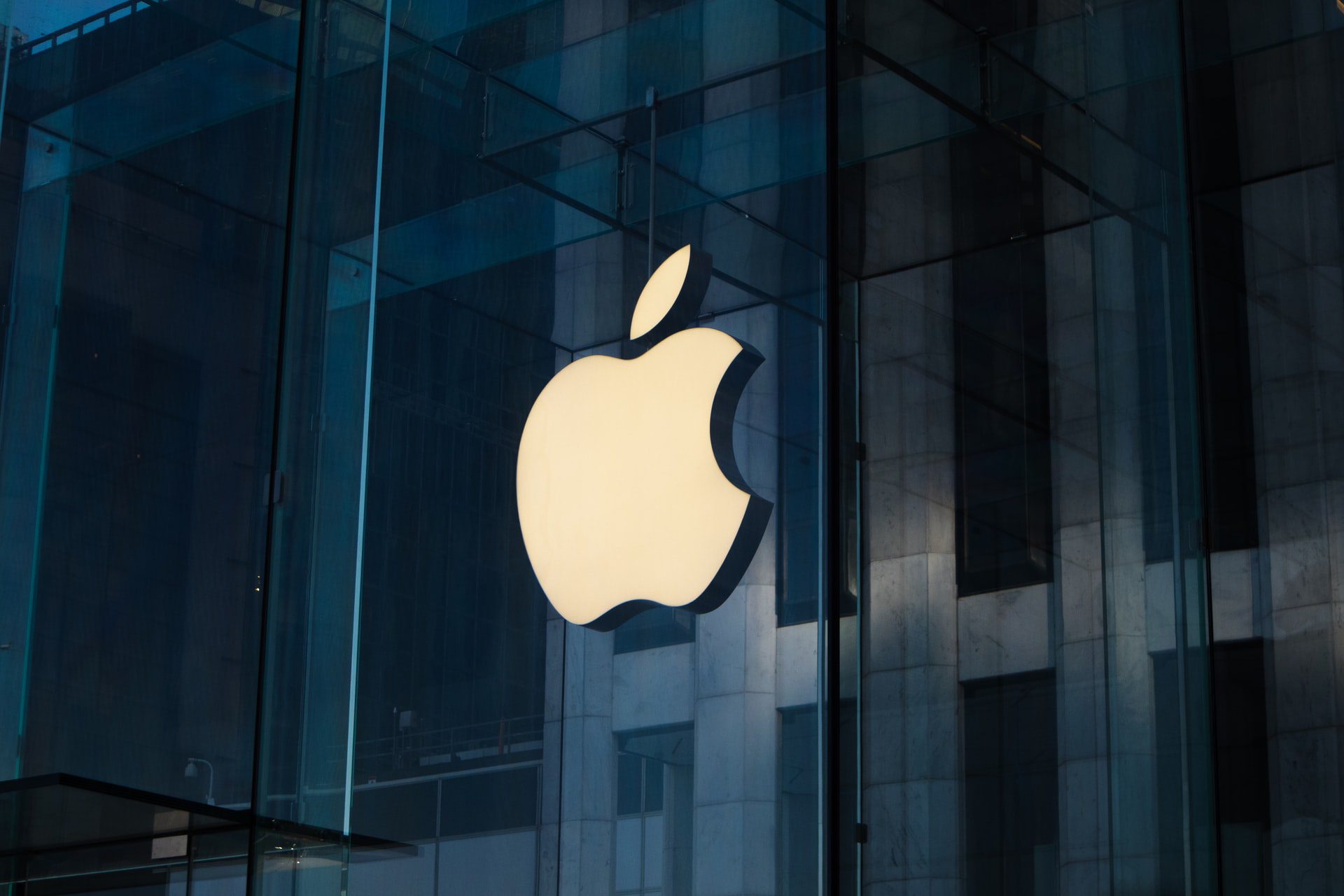The German antitrust authority has today confirmed that Apple meets the test for special abuse controls having paramount significance for competition across markets. The designation will be valid for a time frame of five years.
“The company holds a dominant, or at least powerful, position on all vertically related levels based on its smartphones, tablets, and smartwatches as well as proprietary operating systems and the App Store, the only digital distribution platform for apps and other software products available to both app publishers and users on Apple devices,” it wrote in a press release.
“Based on this tight proprietary vertical structure and an installed base of more than 2 billion active devices worldwide, Apple is active in many ways on market levels and business areas that are linked to each other and is therefore in a position to tie its users to its complex ecosystem on a long-term basis. This is associated with a strong power to set rules for third parties, above all for app developers.”
Also, read: Racial Bias payout for black former Tesla worker reduced from $15M to $3.2M
The Federal Cartel Office (FCO) has already determined that Amazon, Google, and Meta (Facebook) meet the market power test. It also launched an investigation into Microsoft’s competitive muscle late last month, which is still ongoing.
In early 2021, Apple faced a special antitrust abuse regime in Germany. Germany implemented a new law called the Digital Competition Act, which specifically targets large tech companies like Apple, Facebook, and Google.
Under this new law, companies with a dominant market position, such as Apple, are subject to stricter regulations and more rigorous antitrust scrutiny. The law allows German regulators to intervene more quickly and effectively if they suspect anticompetitive behavior by these companies, and to impose large fines if they are found to be in violation.
Also, read: The new YouTube metric displays an artist’s reach across all formats, including Shorts
In particular, the law includes provisions that give regulators greater powers to investigate and sanction companies for practices such as self-preferencing, where a company promotes its own products or services over those of its competitors. This is a significant issue for Apple, which has been accused of using its App Store to favor its own apps and services over those of third-party developers.
The new law also allows for more collective action by consumers and businesses against large tech companies, which could result in more class action lawsuits against Apple and other companies.
Overall, the Digital Competition Act represents a significant shift in the way that Germany is approaching antitrust regulation of large tech companies, and it is likely that other countries may follow suit with similar measures in the future.
Andreas Mundt, president of the Bundeskartellamt, commented on Apple’s decision in a statement:
Apple has an economic position of power across markets which gives rise to a scope of action that is not sufficiently controlled by competition. Based on its mobile ends devices such as the iPhone, Apple operates a wide-ranging digital ecosystem which is of great importance to competition not only in Germany but also throughout Europe and the world. With its proprietary products iOS and the App Store, Apple holds a key position for competition as well as for gaining access to the ecosystem and Apple customers. This decision enables us to specifically take action against and effectively prohibit anti-competitive practices.
The designation means that the FCO will be able to act more quickly if it detects competition concerns related to how Apple operates its platforms and products.
The regulator launched an investigation into Apple’s tracking rules and its App Tracking Transparency (ATT) framework, which governs tracking permissions for third-party apps running on iOS, last year. The FCO stated that it is investigating an initial suspicion that these rules may favor Apple’s own offers while impeding others.
The company said in a press release that no decision has been made on initiating further proceedings against Apple.


















